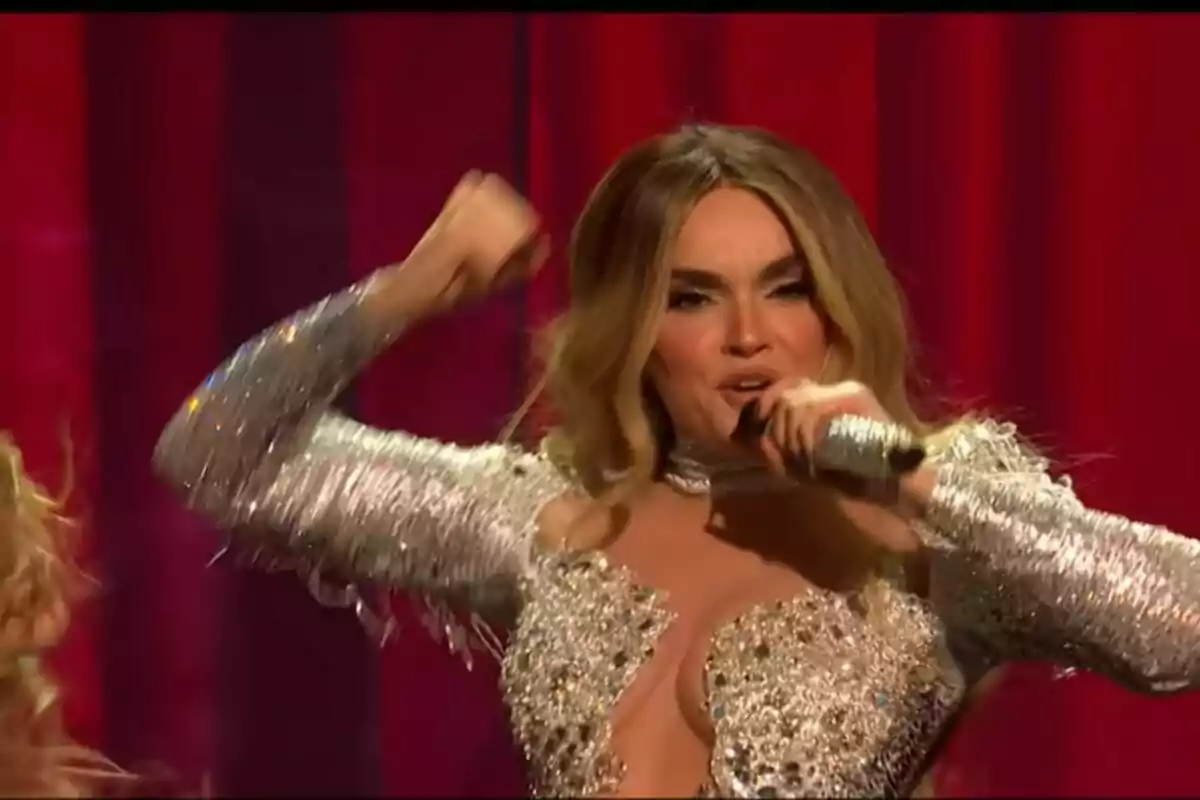In each edition of Eurovision, Spain not only crosses its fingers for a good position on the leaderboard, but it also tends to dive into intense political and social debates that transcend the musical spectacle. The recent Eurovision 2025 final was no exception: while Melody returned home with the bittersweet taste of a modest ranking, the national debate revolved around issues much larger than the music itself.
The context: Eurovision, politics, and international controversy
If there is something that characterizes Eurovision, besides the impossible choreographies, heavenly effects, and daring styles, it is its ability to become a mirror of the current European tensions. This year, the media attention was not only on Melody's performance but on the presence—and controversy—of Israel in the festival. RTVE's decision to denounce the situation in Palestine live was so forceful that even the President of the Government, Pedro Sánchez, couldn't avoid taking a public stance.
His statements, appealing to coherence and the need to avoid double standards in international politics, spread like wildfire on social media and opened newscasts across Spain. Sánchez defended that "what we can't allow are double standards, not even in culture", drawing a parallel between the ban on Russia and the current situation with Israel.

Alfonso Arús's sharp analysis
Amid this media frenzy, morning television served as a barometer of public opinion. Alfonso Arús, always adept at detecting the most uncomfortable contradictions, used his platform on Aruseros to highlight the political incoherence surrounding Eurovision this year.
The host quickly pointed out one of the government's great paradoxes: while Spain demands Israel's exclusion from the festival, at the same time, it keeps bullet purchase contracts with the same country. "It was the government partners who somehow forced the withdrawal of the contract signed by Israel for the purchase of bullets. We are demanding Israel's withdrawal from Eurovision, but we are buying bullets from them on the other hand," Arús expressed with his characteristic ironic tone, generating an uncomfortable silence on set and among the digital audience.
The conversation heated up when Angie Cárdenas, a program collaborator, wondered aloud why, if Spain so clearly rejects Israel's participation, it doesn't decide to withdraw from the contest. Arús himself closed the topic with a nod to Eurovision nostalgia: "Oh, no. No, no. Don't take Eurovision away from me. We've had such a good time with Melody's preview. They can take away whatever they want, but not Eurovision. If not, let the OTI return, which we won with Francisco with 'Latino'."
Not missing the opportunity, Arús once again criticized the televoting system that has historically caused so many headaches for Spanish eurofans. Quoting the media personality Bob Pop, the host revealed one of the contest's open secrets: "If you invest money, then you secure televote points. It's all about having a good structure. Invest, and you'll have it."
The statement was clear and direct, as is rarely seen on national television. "If you're really interested in getting the televote, it's very simple. Let them explain it to the president, because it's easy. If you want to have a network across Europe that guarantees you the vote, it can be achieved. Just like Israel achieves it. It's very simple."

